June 3rd, 2013 By Jody Ray Bennett / International Relations and Security Network - defencetalk.com
In January 2013, US military officials finalized a Status of Forces (SOFA) agreement with the government of Niger to increase military involvement throughout the country. While the move clearly reflected developments in neighboring Mali, it had long been an operational goal of the Pentagon to establish a drone base in the region. Before the Northern Mali conflict escalated last year, the Pentagon had been flying drones in the Horn of Africa to survey Somali piracy and other armed non-state actors like Al-Shabaab. But despite complaints by West African governments and regional business interests, few resources were being devoted to the perceived threat from the nomadic Tuareg minority that was allegedly transporting weapons and other illicit goods across the Sahel.
While the connection between what some have dubbed Mali’s “Tuareg Problem” and Al-Qaeda in the Islamic Maghreb remains unproven, the possibility that these groups might be working together (or perhaps the simple fact that they existed) was enough for the Pentagon to establish its first drone base in West Africa. After the Benghazi attack, in which it is believed that a lack of air support to Libya resulted in the deaths of four American diplomatic officials and multiple other injuries, some form of established US military presence in a neighboring country was perhaps inevitable. Indeed, the former commander of AFRICOM, which oversees military operations on the African continent, said about Benghazi in a New York Times interview, “Instead of responding in a day, [the new base in Niger] could respond within some number of hours.”
A logical choice
According to initial reports, the drone base sits behind a barbed-wire wall in Niamey, Niger’s capital. The US Air Force has begun flying Predator drones from the base through scorching heat and daily sandstorms. Though unarmed, these Predator drones can cover the country to conduct surveillance and other reconnaissance missions. These missions primarily look for security threats such as Al-Qaeda fighters, “guerillas from other groups hiding in the country’s mountains and hills”, and other Islamist non-state actors that threaten border security or neighboring African states.
While contractors and military officials from Chad, France, and the United States conduct unarmed drone missions from Niger to gather intelligence on the insurgency in Mali, US officials have told media outlets that they have not yet ruled out arming drones from this base for targeted killings. Indeed, US forces had long been in Mali before a permanent presence was considered, primarily to oversee the base and undertake intelligence assessments.
According to a report in The Guardian, “The White House announced in February [2013] that Obama had deployed about 100 military personnel to Niger on an ‘intelligence collection’ mission, but it did not make any explicit reference to drones.” Since the establishment of the hangars and airstrip, the presence of drone flights is hardly a secret. The Guardian further reported that the President of Niger, Issoufou Mahamadou, told the publication that “his government invited Washington to send surveillance drones because he was worried that the country might not be able to defend its borders from Islamist fighters based in Mali, Libya or Nigeria.” While US drone operations are a part of a constellation of bases across North Africa and the Middle East, the new Nigerien base now joins continental missions that occur from Djibouti, Ethiopia, and until most recently, the Seychelles.
“Niger is, of course, a natural choice, not only because of its central geographic position, but because its democratically-elected government has weathered the regional upheaval quite well and has proven a reliable ally in efforts to contain and defeat violent extremism,” said Dr. J. Peter Pham, director of the Africa Center at the Atlantic Council and specialist on African security issues.
But uncertainties remain
“Of course,” Pham continued, “while the deployment of surveillance drones to Niger makes sense, regional security (and the strategic interests of the United States and its allies) would be better served over the long term if the deployment were accompanied by a more comprehensive engagement of the country, including greater support for its continued political, economic, and social development.”
Relations between the United States and Niger have been positive since the West African country became independent in 1962. Nevertheless, in a recent interview, Niger’s president is quoted as saying “The U.S. should do more in the area of training, equipment, land and air, and intelligence capability”, while fearlessly launching complaints about the “feeble” attempts of West African governments and militaries alike to quell insurgencies and other security threats.
While Niger may have been seen as a natural choice to establish a US military presence, officials were not sure how well a drone base would be received in a majority Muslim country. According to the Guardian article:
“US and Nigerien officials had worried that the drones might spur a popular backlash in Niger, where about 90 % of the population is Muslim. Extra security barriers were raised outside the US and French embassies as a precaution. So far, however, reaction has been muted, and many people seem to favour anything that the US and French militaries can do to prevent a spillover of violence from Mali.”
And this is precisely why the US established an operational role in the country. With an established base, the United States gains a foothold in the country at minimal cost; a new, physical military presence in the region that it can cite upon criticism of the Benghazi attack; an intelligence stake in the ongoing conflict in Mali; additional information from operations occurring in remote areas of the region; and, in addition to all of this, the ability to wield soft power abroad during a time when American taxpayers are growing increasingly frustrated with military strain in Iraq and Afghanistan.
The entire operation, however, is being carried out by AFRICOM, a military command for an entire continent with a budget of $300 million and roughly 2,000 employees. Those figures should be compared to the US Central Command that manages Afghanistan and the Middle East with a budget of approximately $800 million and 5,000 employees. A year ago, AFRICOM operations in Niger involved spending money on t-shirts, campaign signs, and other efforts to persuade citizens to vote. Now AFRICOM maintains it can “carry out both combat operations and its original ‘soft power’ missions, taking cues from envoys in the region like Bisa Williams, the United States ambassador in Niamey.”
Nevertheless, much of the Nigerien population is skeptical of outsiders, especially foreign powers that can be reminiscent of Niger’s colonial past. If drones here are weaponized, there could easily be much more blowback compared to a country like Yemen or Pakistan where armed drones regularly conduct aerial strikes.
“It is important to emphasize that the current deployment is only for unarmed intelligence-gathering aerial vehicles. It is unlikely that there will be attacks by armed drones in this area for the simple reason that there is a very limited number of such aircraft and the paucity of high-value terrorists in the Sahel – to say nothing about a lack of intelligence about such potential targets in the region – to justify yanking the aircraft from other fronts. And, even if a strike or two were carried out, such attacks are not a sustainable strategy. They simply would buy time for a political process that alone can hope to resolve the deep-seated issues in this region,” Dr. J. Peter Pham explained.
While one can question the role that these developments play in the larger US grand strategy, they have opened up West Africa to the first ongoing American military presence under the management of AFRICOM. At least for now, however, the establishment of a drone base by the United States is primarily for the use of unarmed aerial reconnaissance vehicles, and is not especially surprising in light of the growing influence of al-Qaeda in the Islamic Maghreb (AQIM), and its allies in northern Mali, within an area larger than metropolitan France.


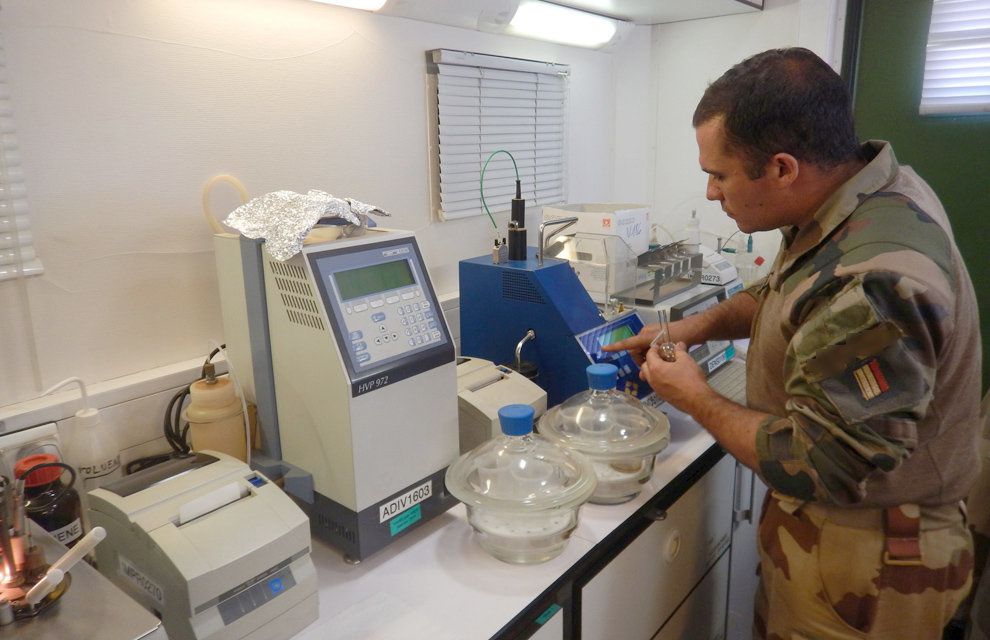



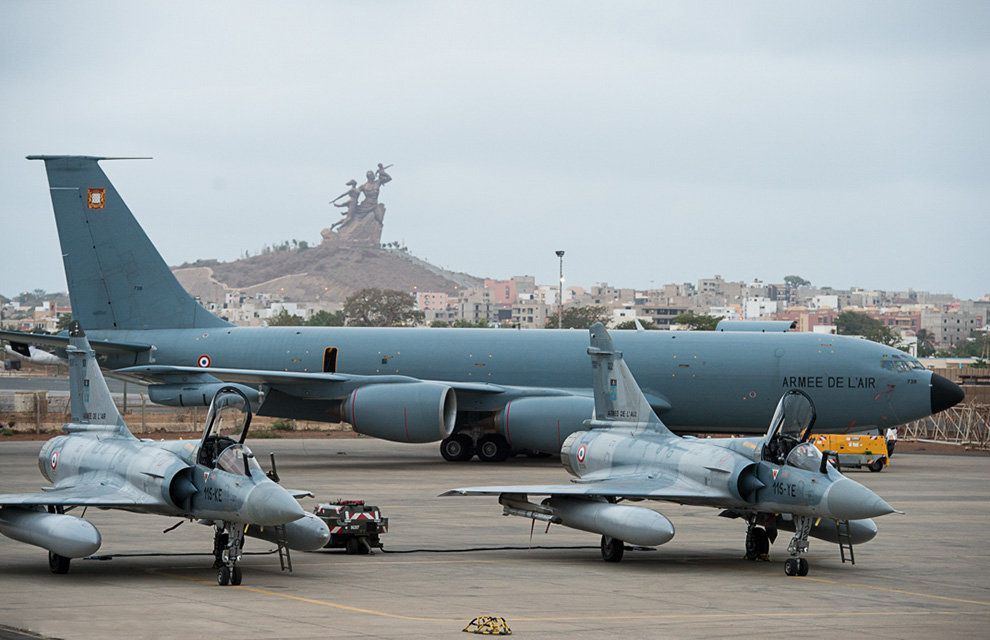
/image%2F0547456%2F20150716%2Fob_5fb7e4_d437299.jpg)
/image%2F0547456%2F20150716%2Fob_e11bba_d437640.jpg)
/image%2F0547456%2F20150716%2Fob_255f61_1-2015angr-bkn-arrivee-mirage-2000-c-0.jpg)
/image%2F0547456%2F20150716%2Fob_a5b9c9_2015angr-bkn-arrivee-mirage-2000-c-001.jpg)

/image%2F0547456%2F20150618%2Fob_f86ed8_1-2015-efs-t-1.jpg)
/image%2F0547456%2F20150618%2Fob_eb9bc4_2015-efs-t-2.jpg)
/image%2F0547456%2F20150618%2Fob_923145_2015-efs-t-5.jpg)
/image%2F0547456%2F20150618%2Fob_23d7c0_2015-efs-t-6.jpg)

/image%2F0547456%2F20150610%2Fob_b33cc4_2015angr-bkn-l-udps-du-detair-de-niame.jpg)
/image%2F0547456%2F20150610%2Fob_294c59_2015angr-bkn-l-udps-du-detair-de-niame.jpg)
/image%2F0547456%2F20150610%2Fob_484118_2015angr-bkn-l-udps-du-detair-de-niame.jpg)
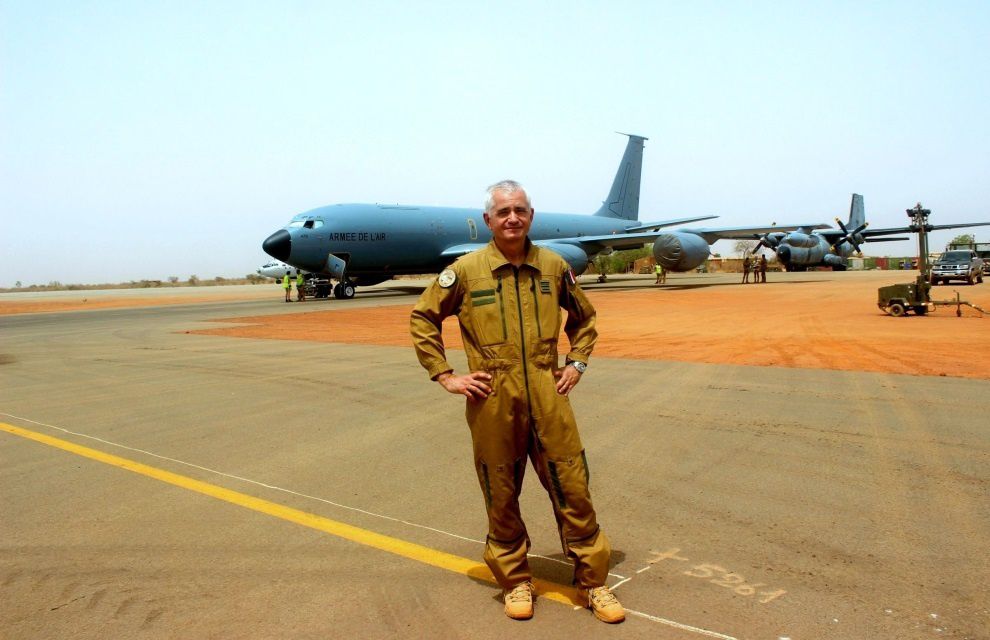
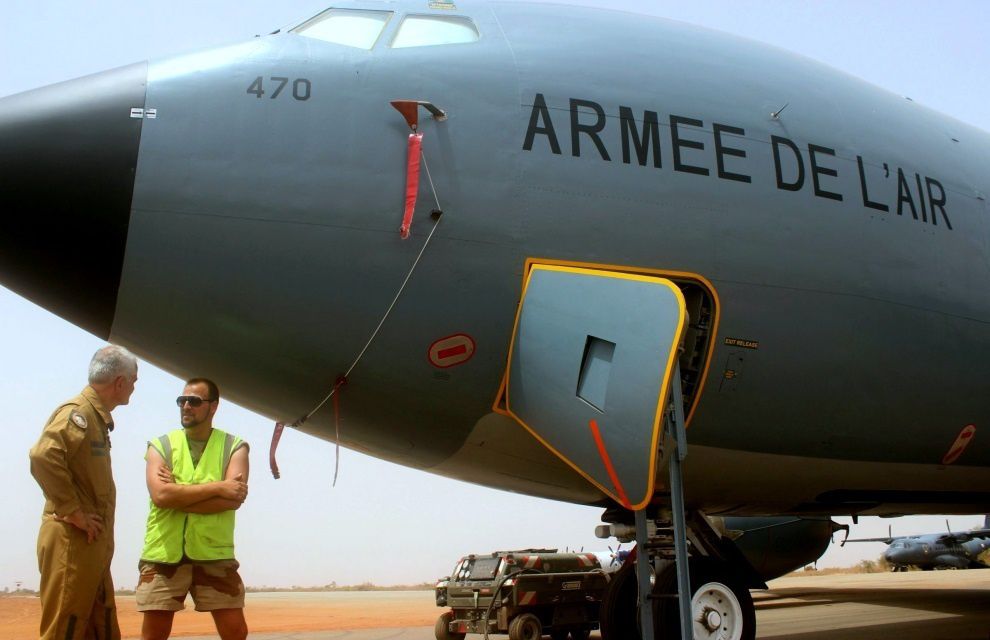
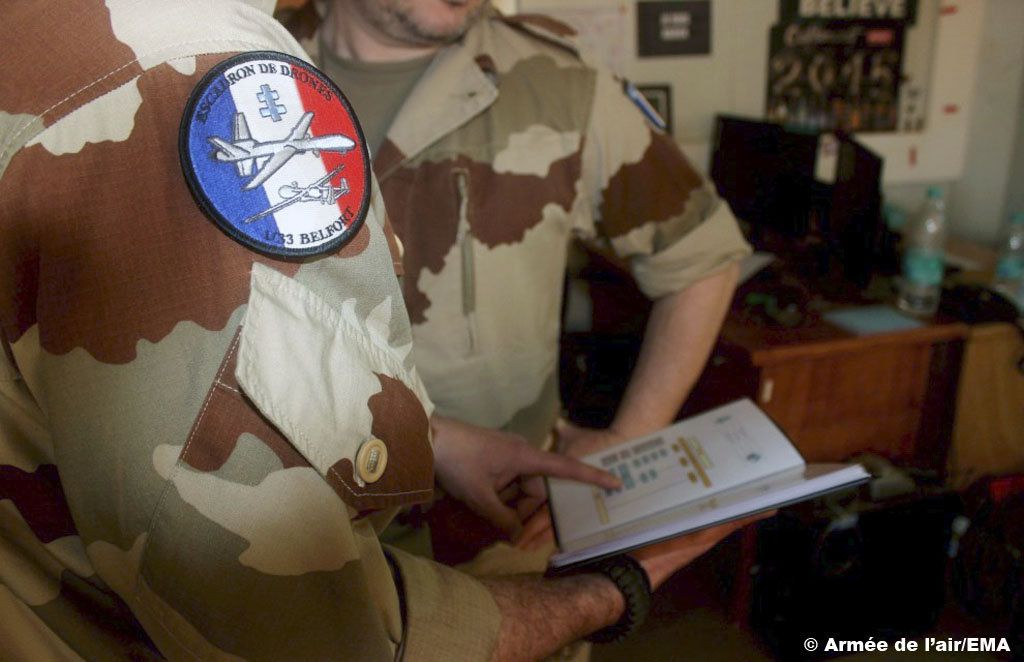


/image%2F0547456%2F20150217%2Fob_5bd2f8_2015anmy-19e-rg-01.jpg)
/image%2F0547456%2F20150217%2Fob_55241a_2015anmy-19e-rg-05.jpg)
/image%2F0547456%2F20150217%2Fob_f614a1_2015anmy-19e-rg-08.jpg)
/image%2F0547456%2F20150217%2Fob_915185_2015anmy-19e-rg-09.jpg)


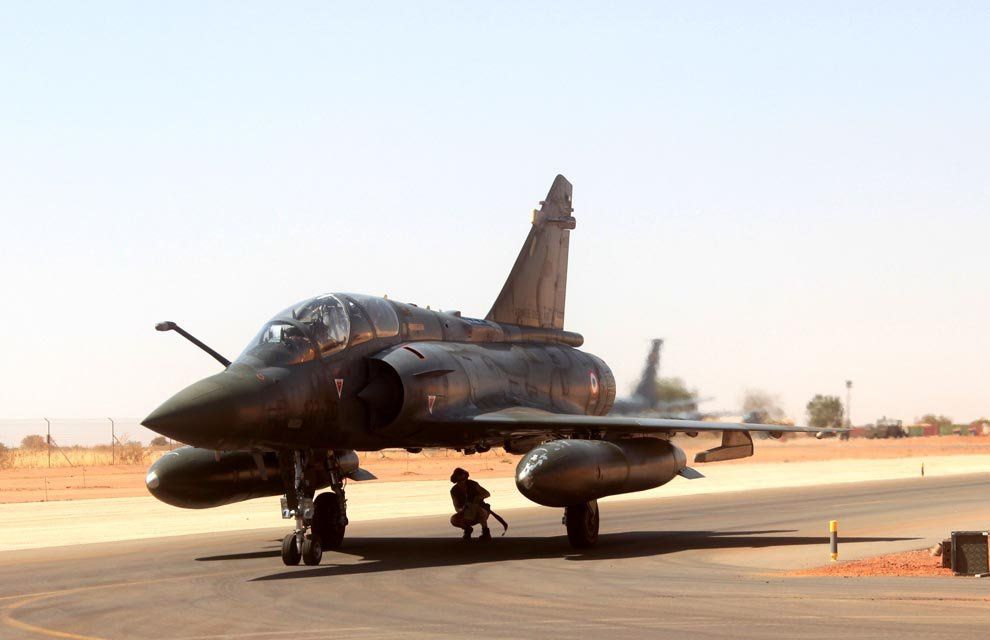

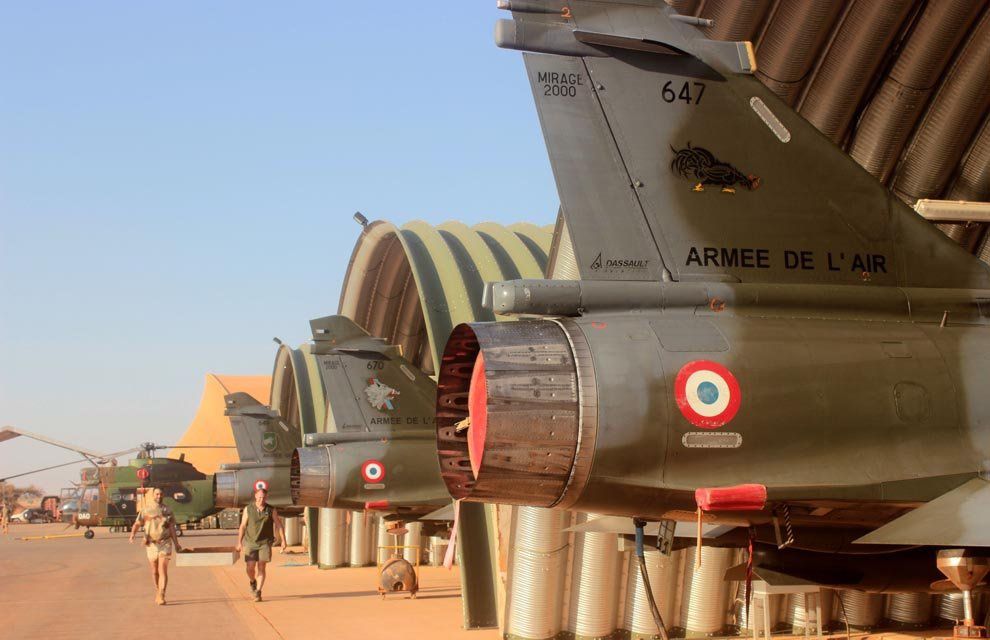




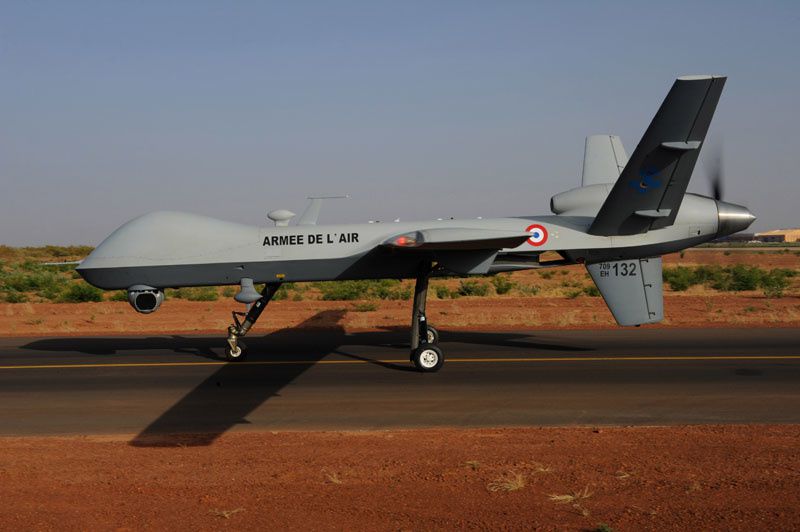

/image%2F0547456%2F20141223%2Fob_ade051_img-0918.jpg)
/image%2F0547456%2F20141223%2Fob_555ee7_img-0953.jpg)

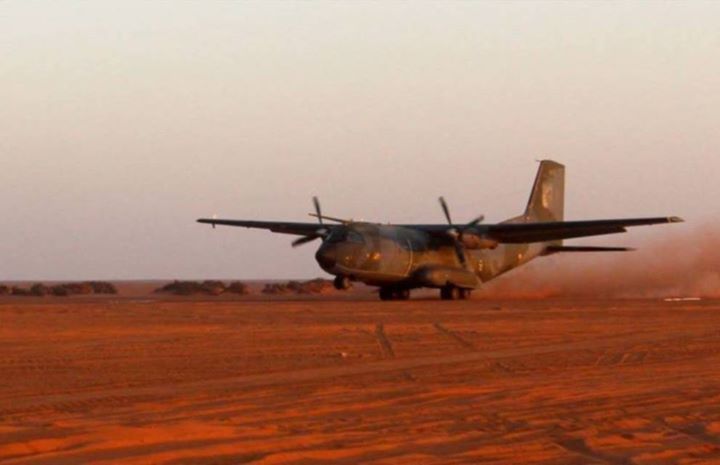

/image%2F0547456%2F20141211%2Fob_70b8a4_20141204-bss-nmy-bkn-raccord-taxiway-p.jpg)
/image%2F0547456%2F20141211%2Fob_ade913_20141204-bss-nmy-bkn-raccord-taxiway-p.jpg)







